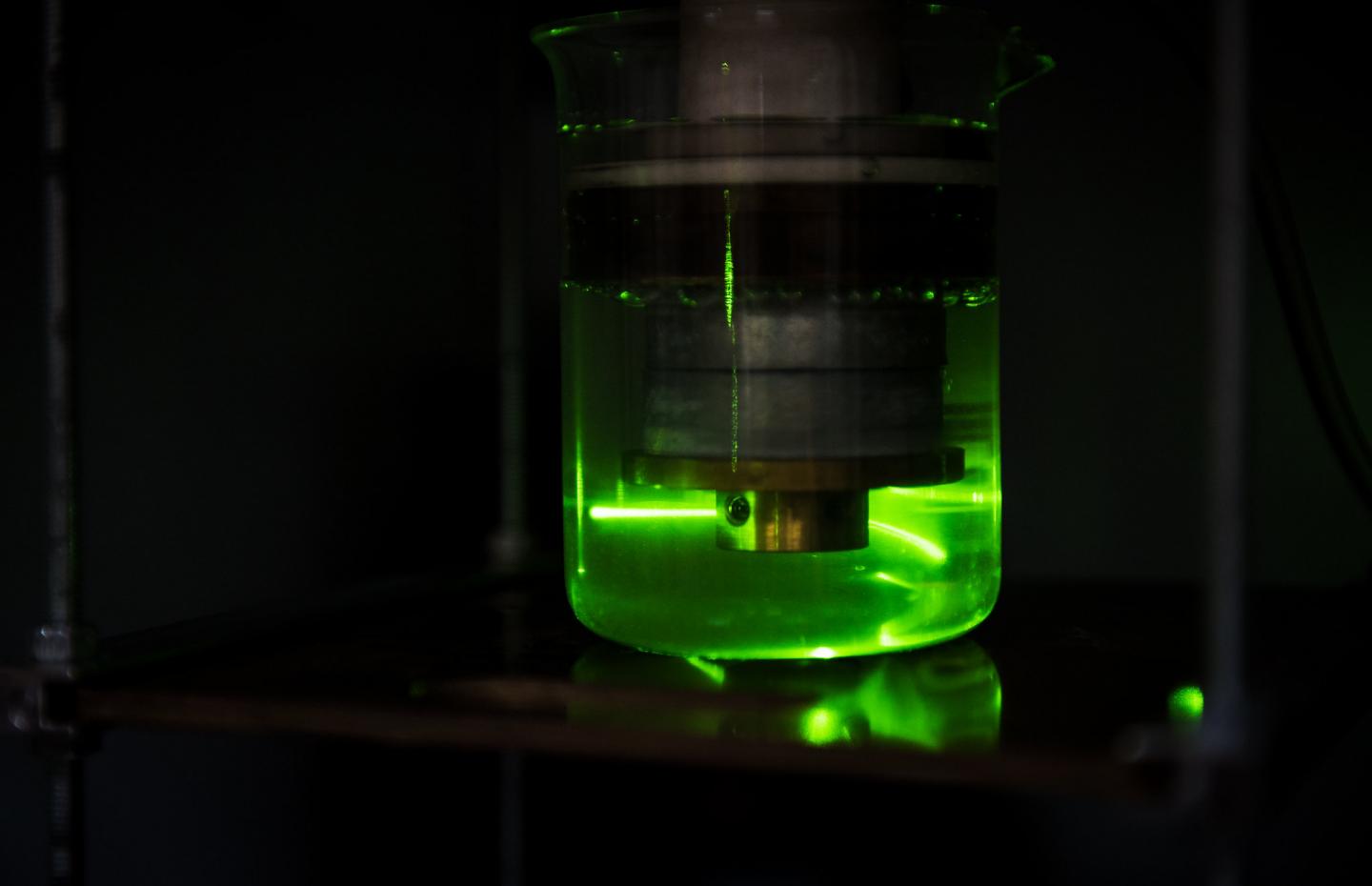
Credit: © NUST MISIS
Scientists from NUST MISIS have presented innovative antibacterial compositions for materials used in permanent dental fillings – pickling gel, washing fluid and “drying”. A special antibacterial agent based on metal oxides’ colloidal solutions as part of preparations allows suppressing the growth of pathogenic dental microflora by 90% and reducing the risk of secondary caries.
Every dentist’s patient is familiar with the situation when a growing carious cavity is found under a permanent dental filling after some time, namely, the tooth under the filling is slowly but surely destroyed. This happens because any filling material has a “shrinkage” of 1 to 5%, and a micro gap is formed between the tooth surface and the filling. Colonies of pathogenic microorganisms remaining in the tooth tissues begin to develop in this gap over time. Treatment of the dissected (open when drilling) tooth cavity with modern pickling gels based on orthophosphoric acid does not provide a complete antibacterial effect.
Scientists from the NUST MISIS Department of Physical Chemistry have offered a solution to the problem with the help of a unique antibacterial agent based on nanodispersed systems of silver, titanium dioxide and tantalum dioxide. During the research of these systems, the team of scientists has found that colloidal solutions of metal oxides exert a powerful influence on the colonies of bacteria, causing their lysis – death as a result of the destruction membranes.
“In the course of laboratory experiments, we have found that the integrated use of an antimicrobial pickling gel, a solution for washing the tooth surface from phosphoric acid and a drying for the surface with a bactericidal alcohol (antiseptic solution) has a synergistic antimicrobial effect that ensures the complete disinfection of the tooth surface under the filling,” – told Georgy Frolov, the project manager and the NUST MISIS Department of Physical Chemistry Associate Professor.
The combined effect of three functional drugs on the exposed tooth surface during treatment lasts from 70 to 90 seconds. This time is enough for the microscopic part of the composition to penetrate into the hard tissues of the tooth as a result of diffusion. The active ingredient – nanoparticles of titanium and tantalum oxides – remains in the upper layer, protecting the surface of the tooth and the filling junction from the microflora development. The absence of colonies of pathogenic microorganisms means the absence of secondary caries and a long “life” of the seal.
The effectiveness of new preparations for prefining cavity treatment has already been proven during laboratory tests, during which 99% of pathogenic microorganisms have died as a result of the treatment and have not developed later. Clinical studies that have been taking place on the basis of one of the Moscow dental clinics since 2017 also show good results. In particular, a decrease in the development of secondary caries under the installed seals was recorded.
###
Media Contact
Lyudmila Dozhdikova
[email protected]
Original Source
http://en.




